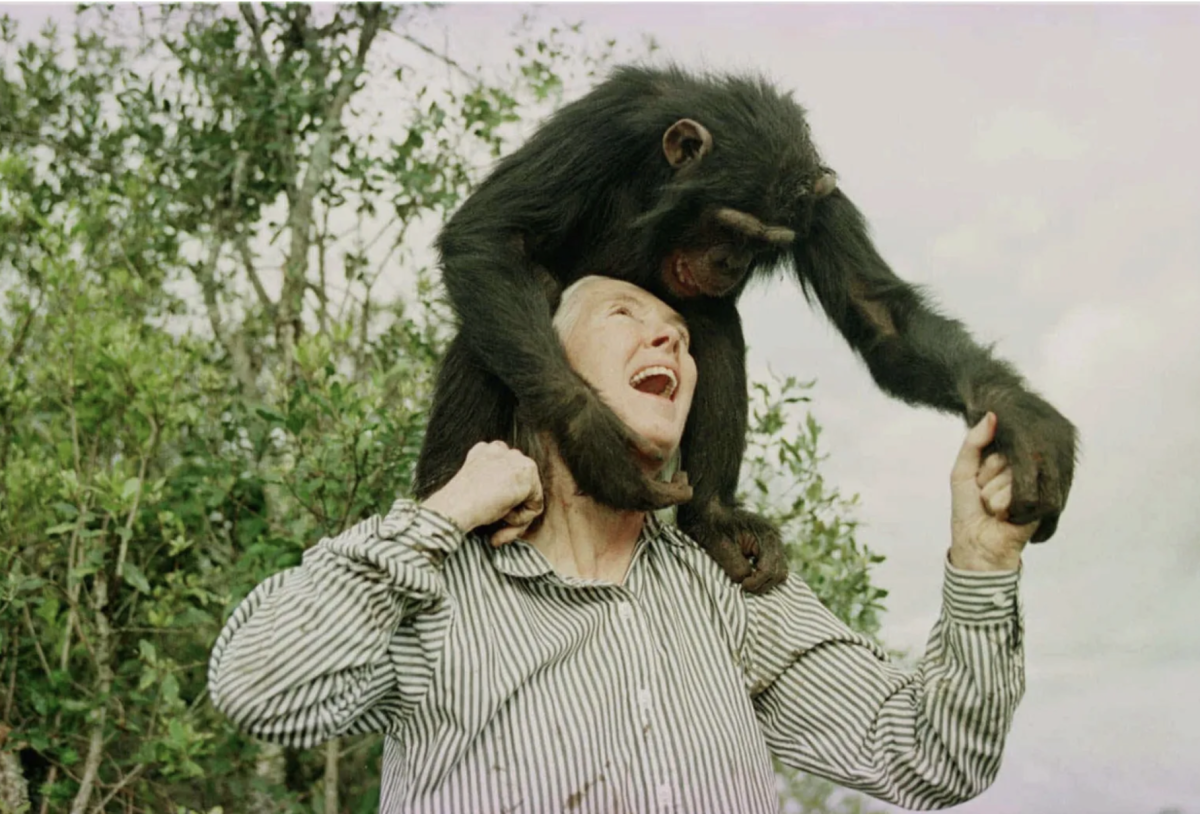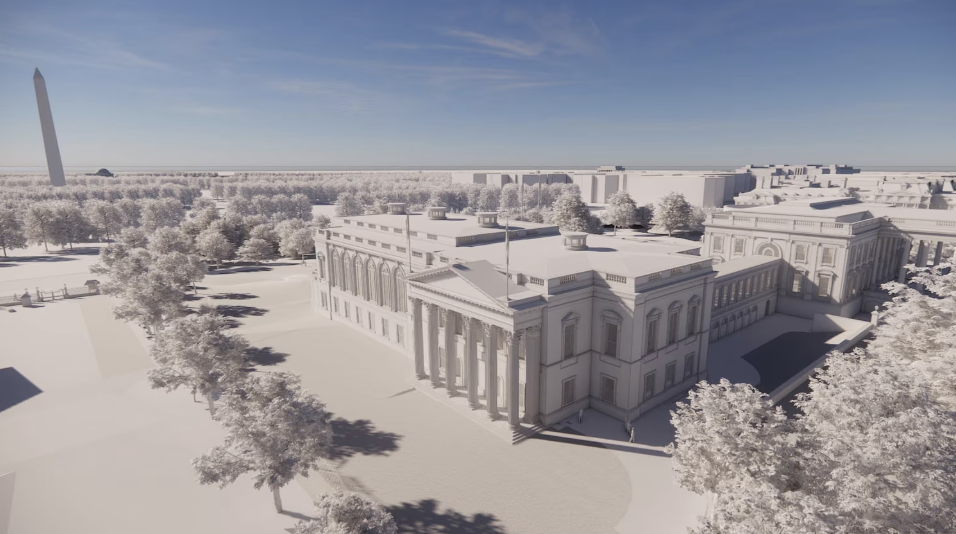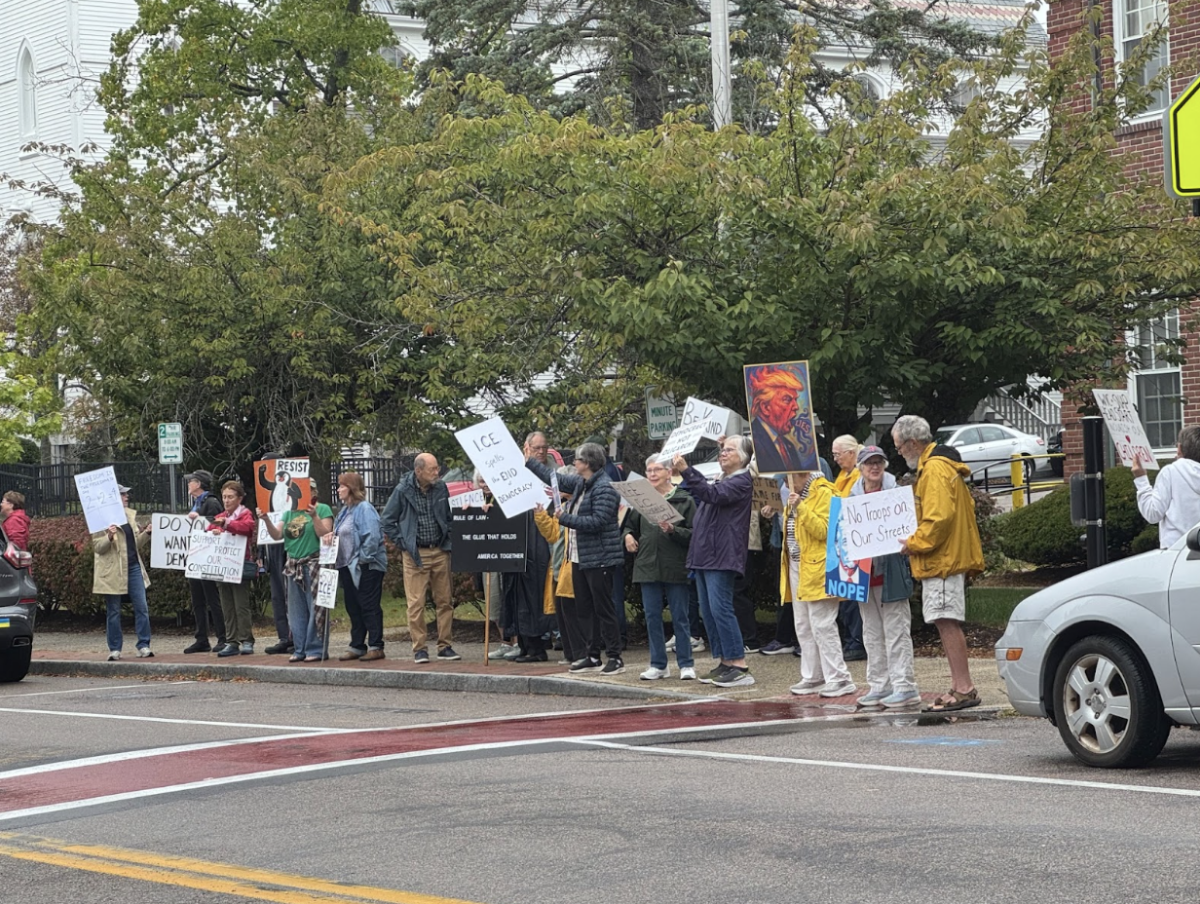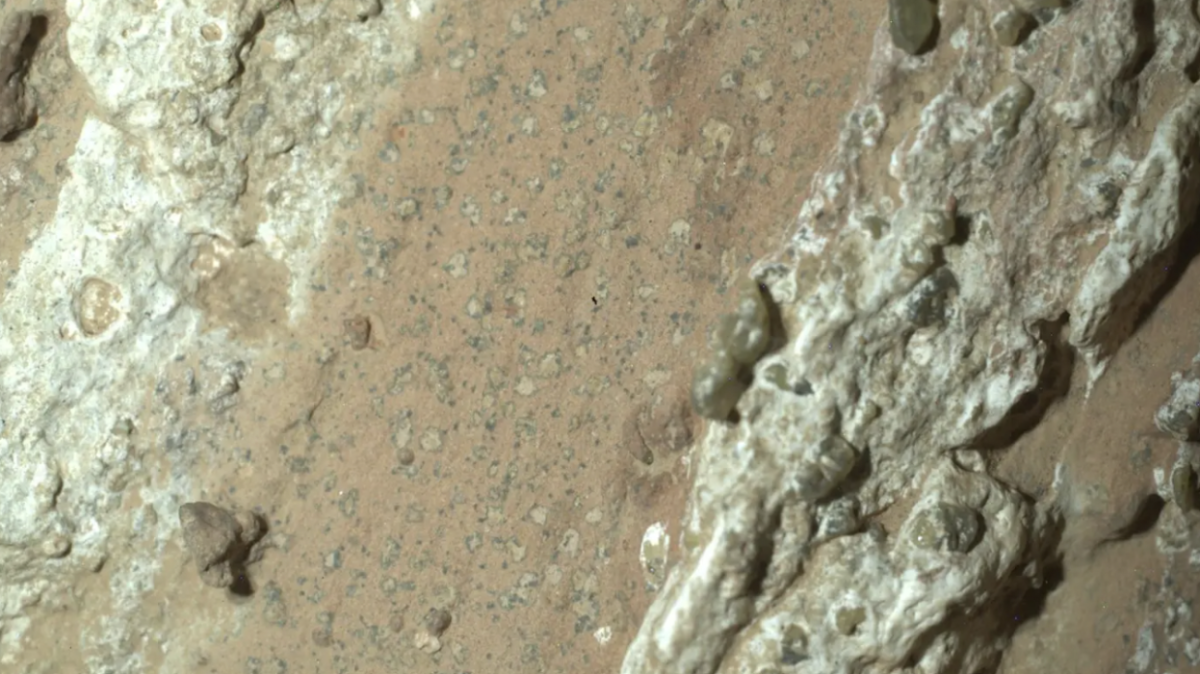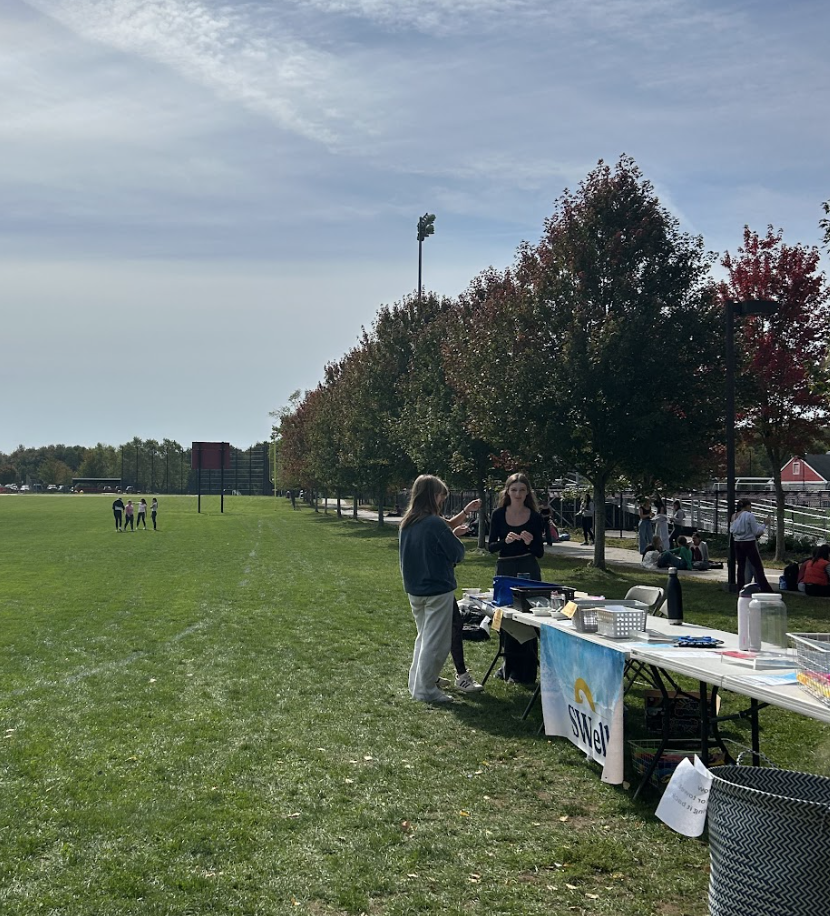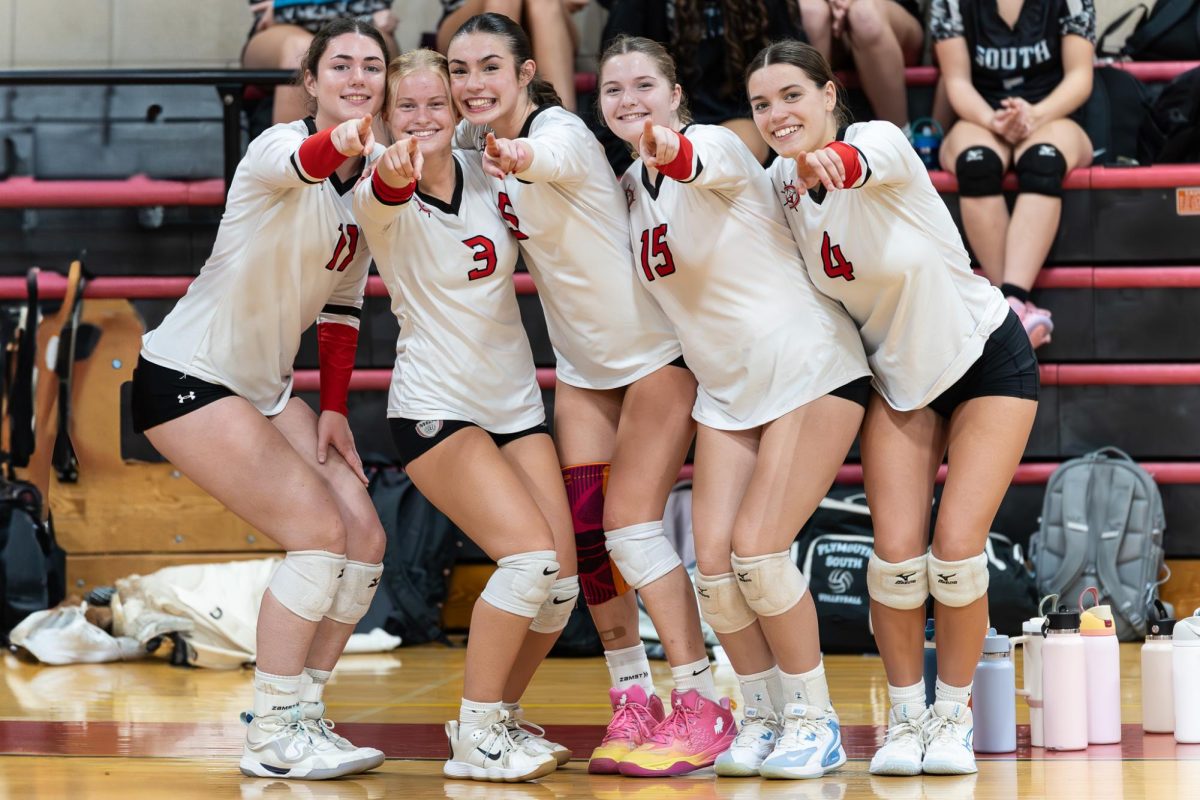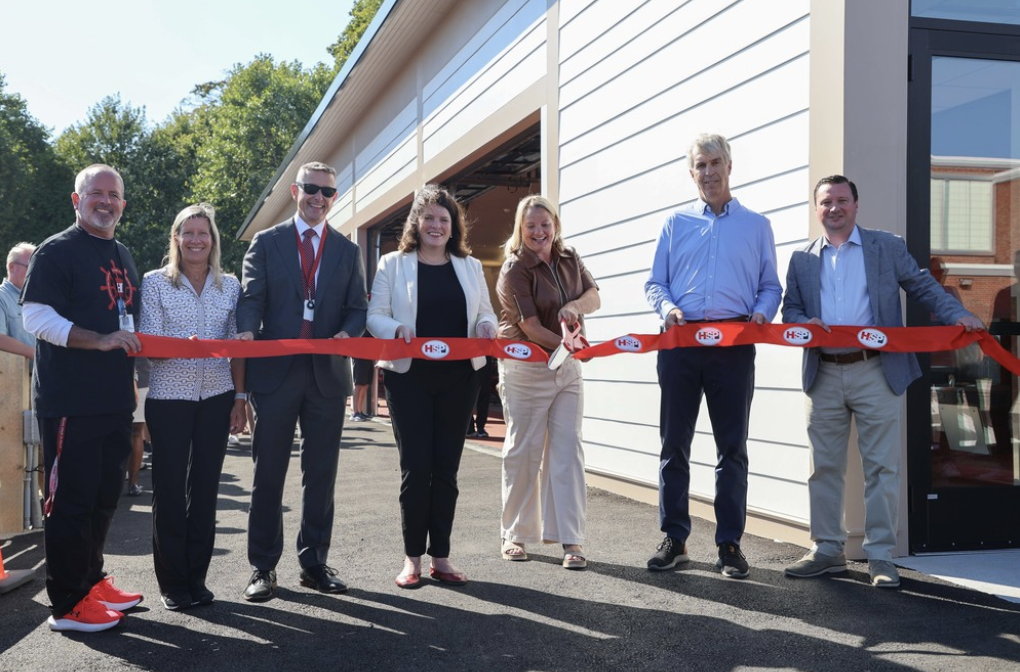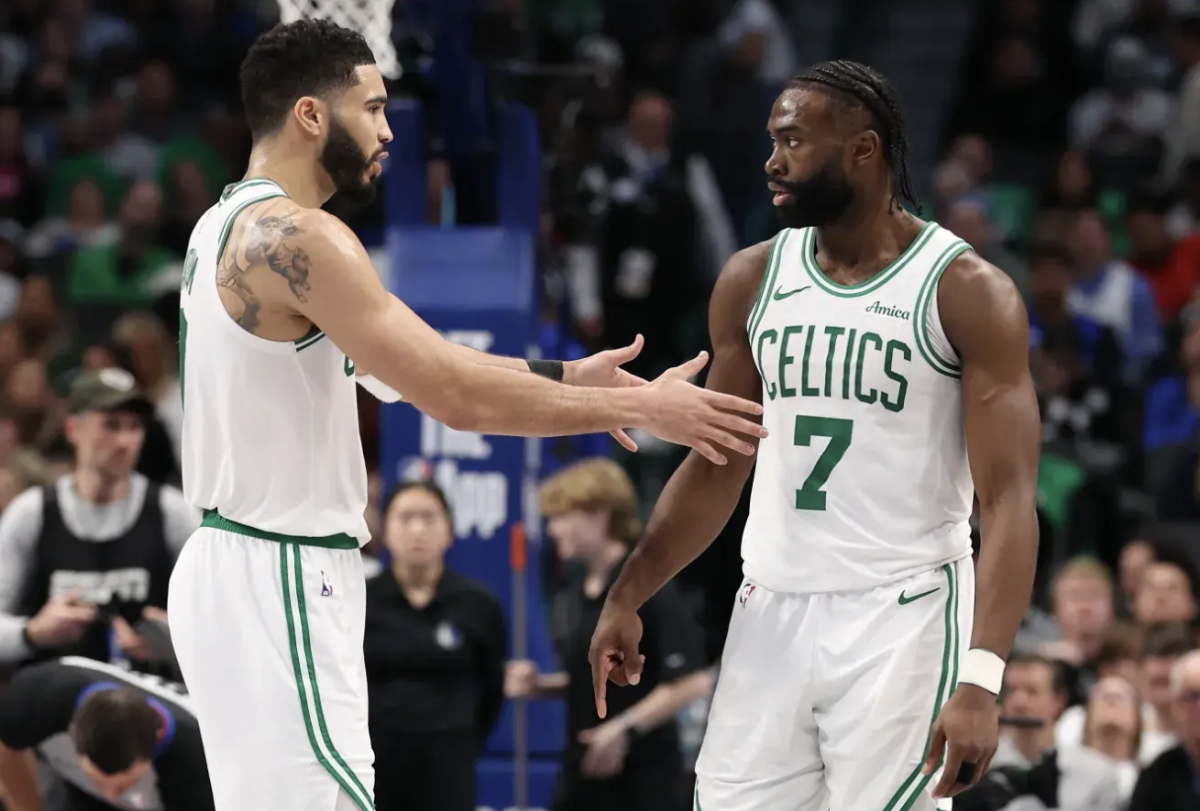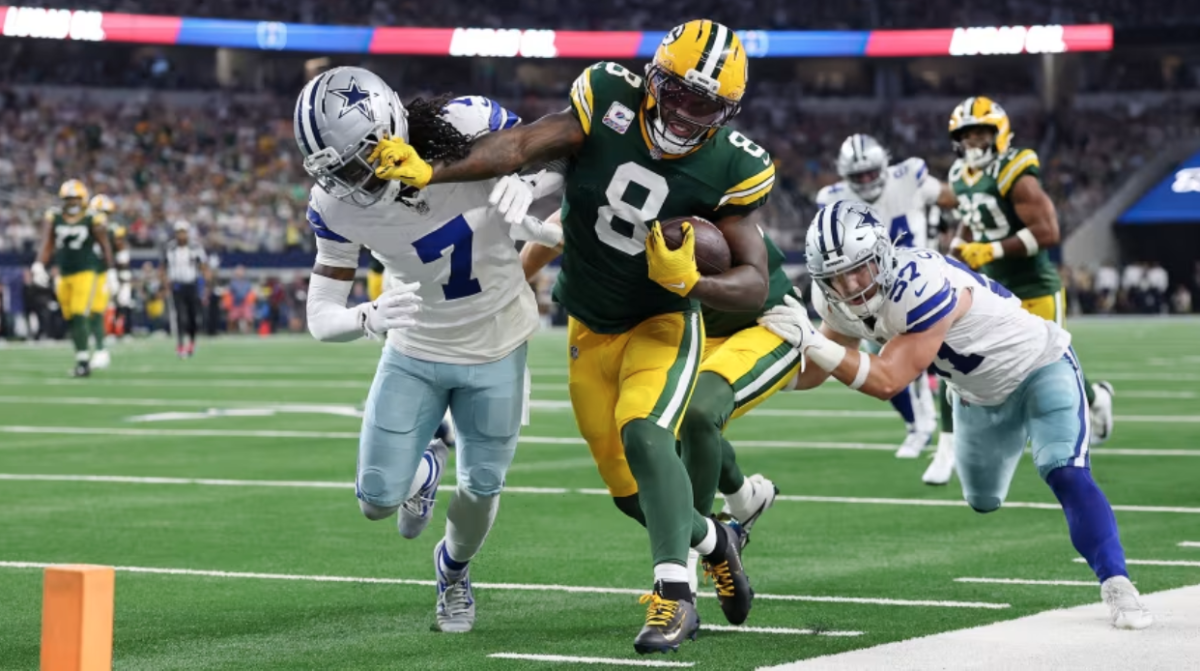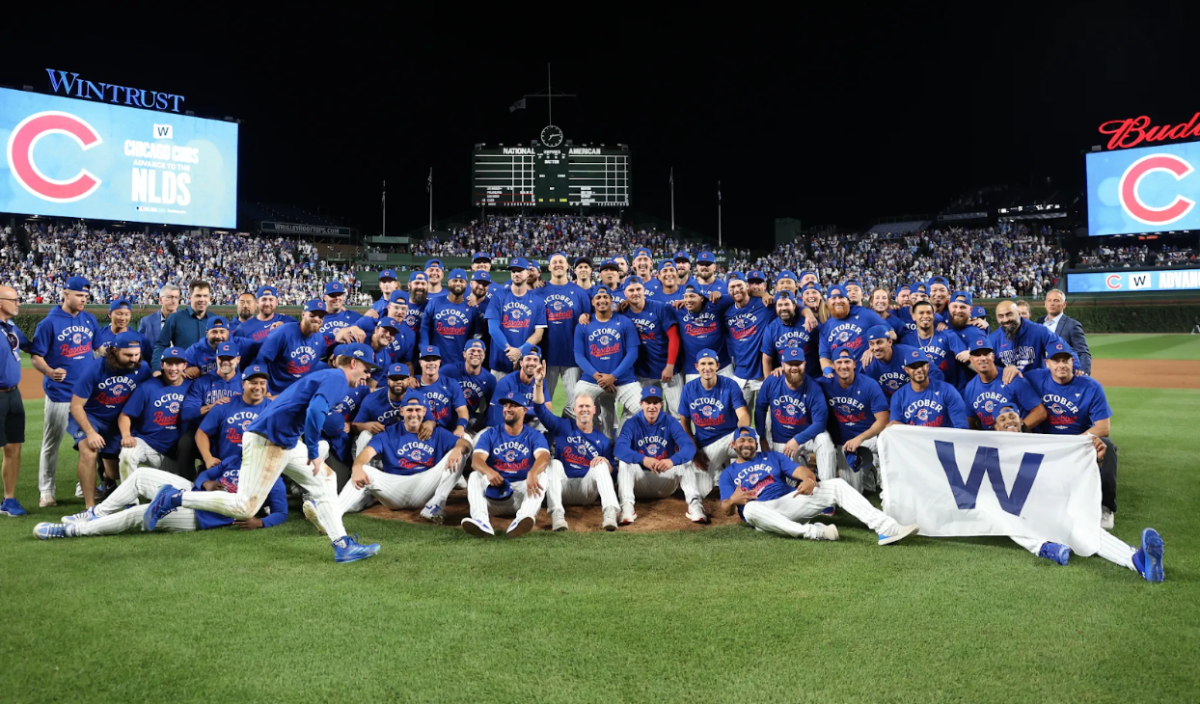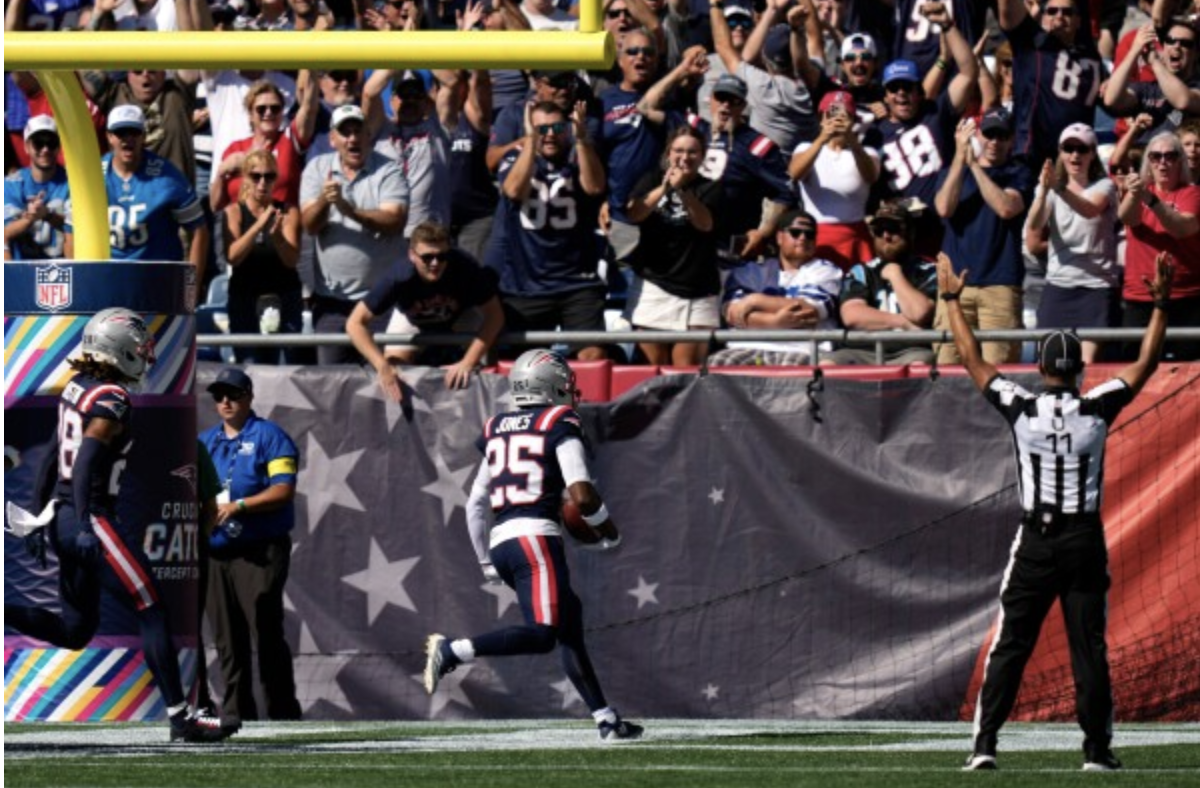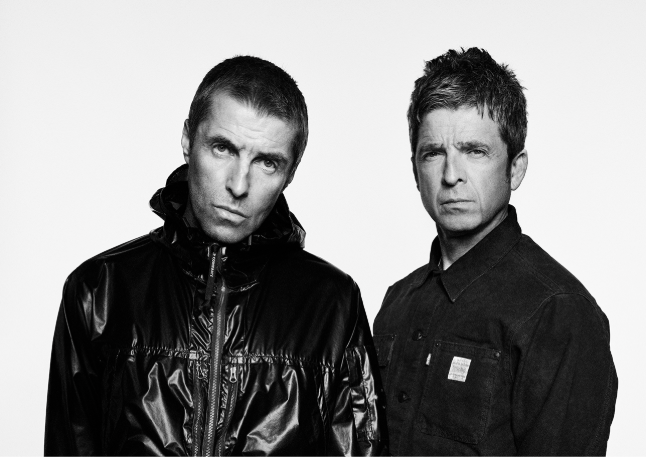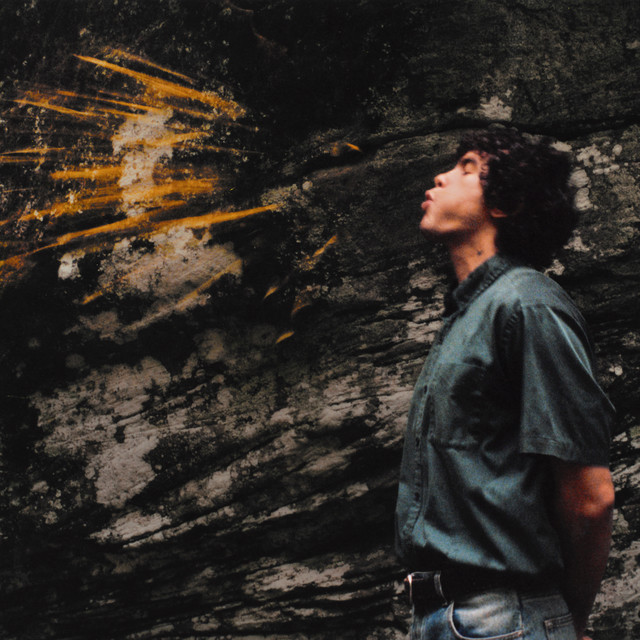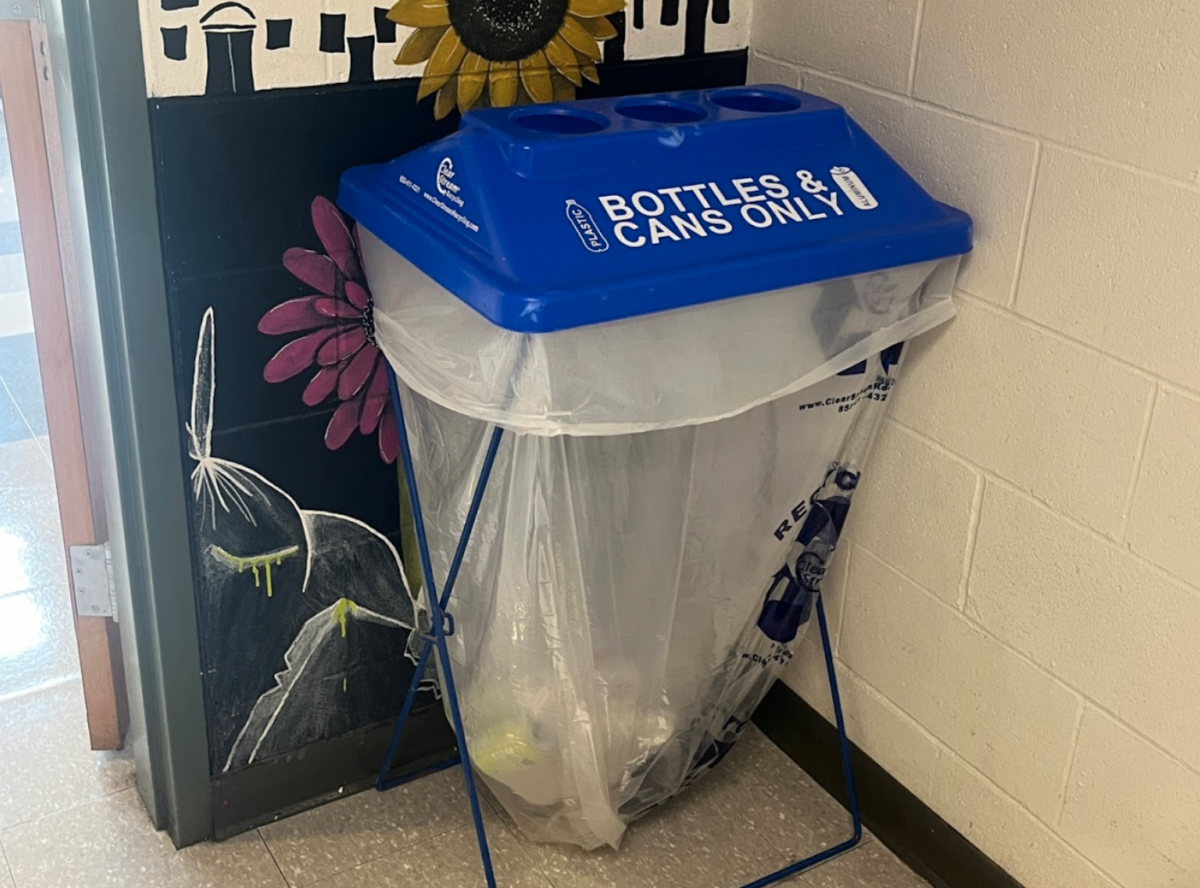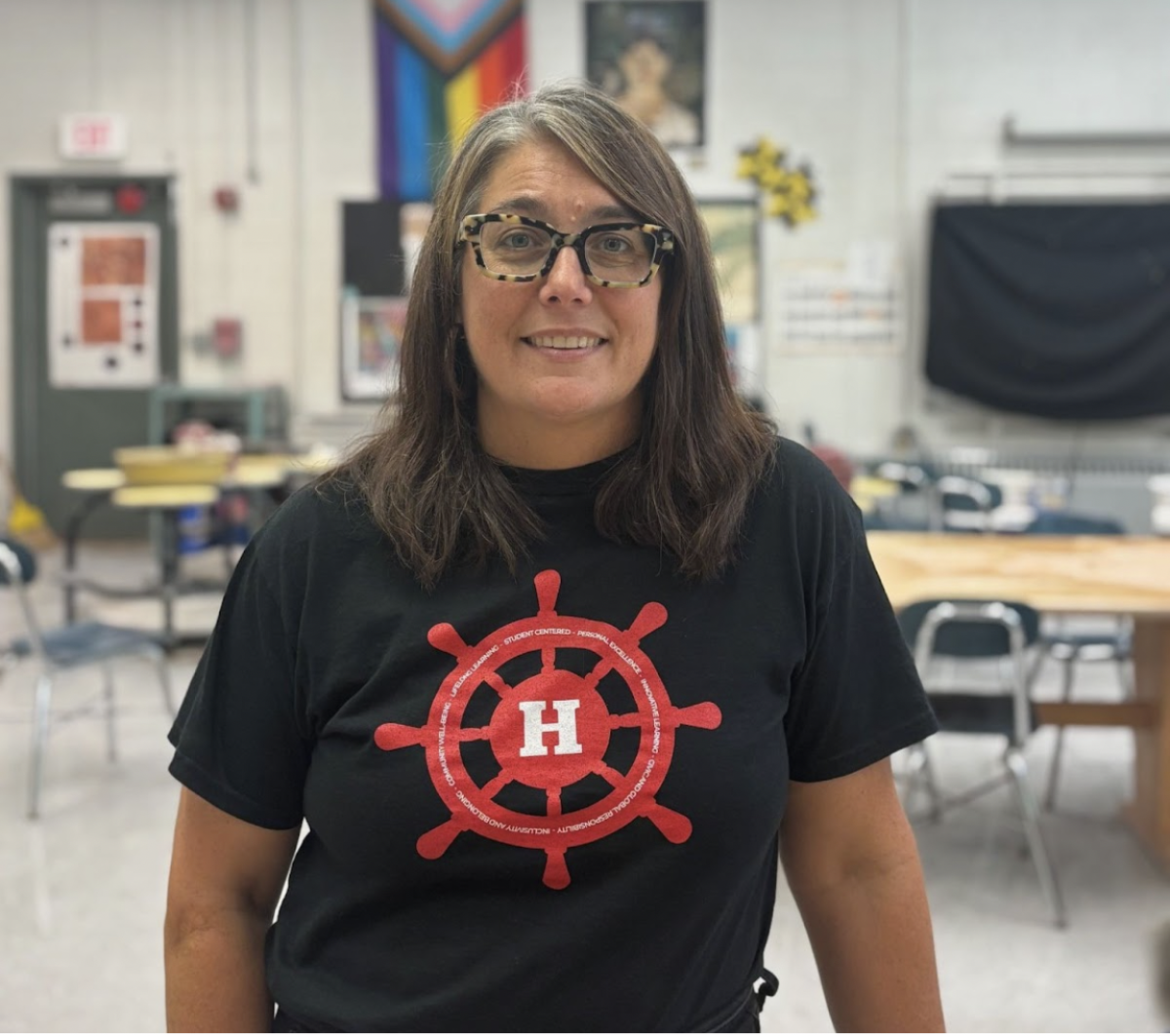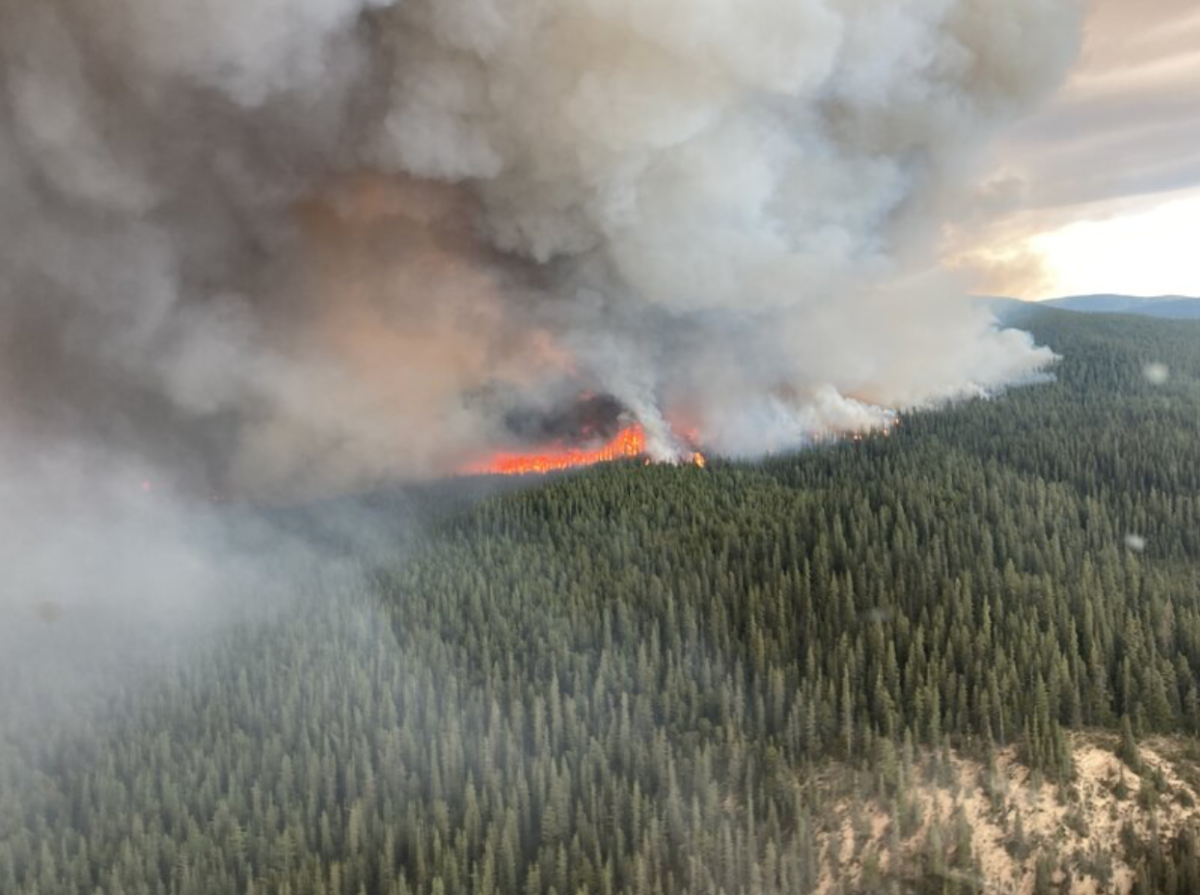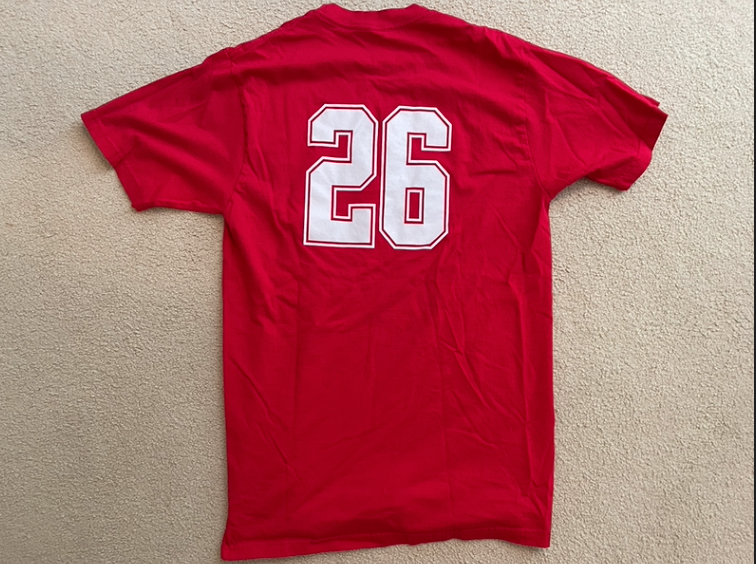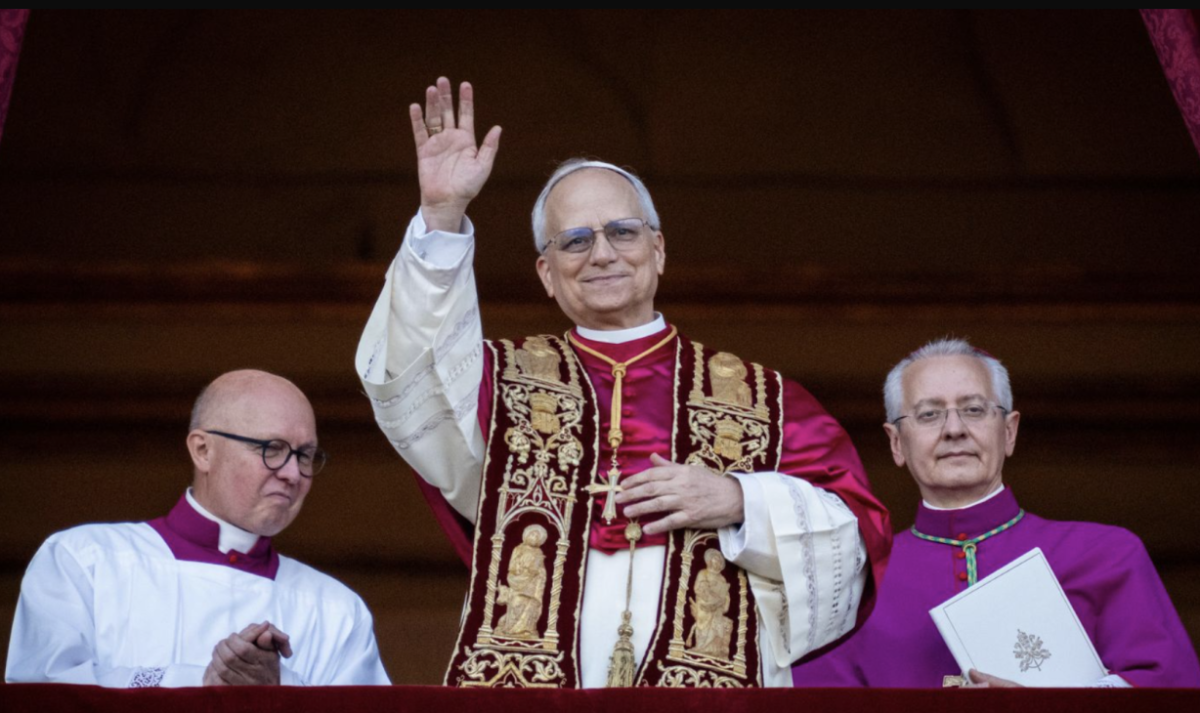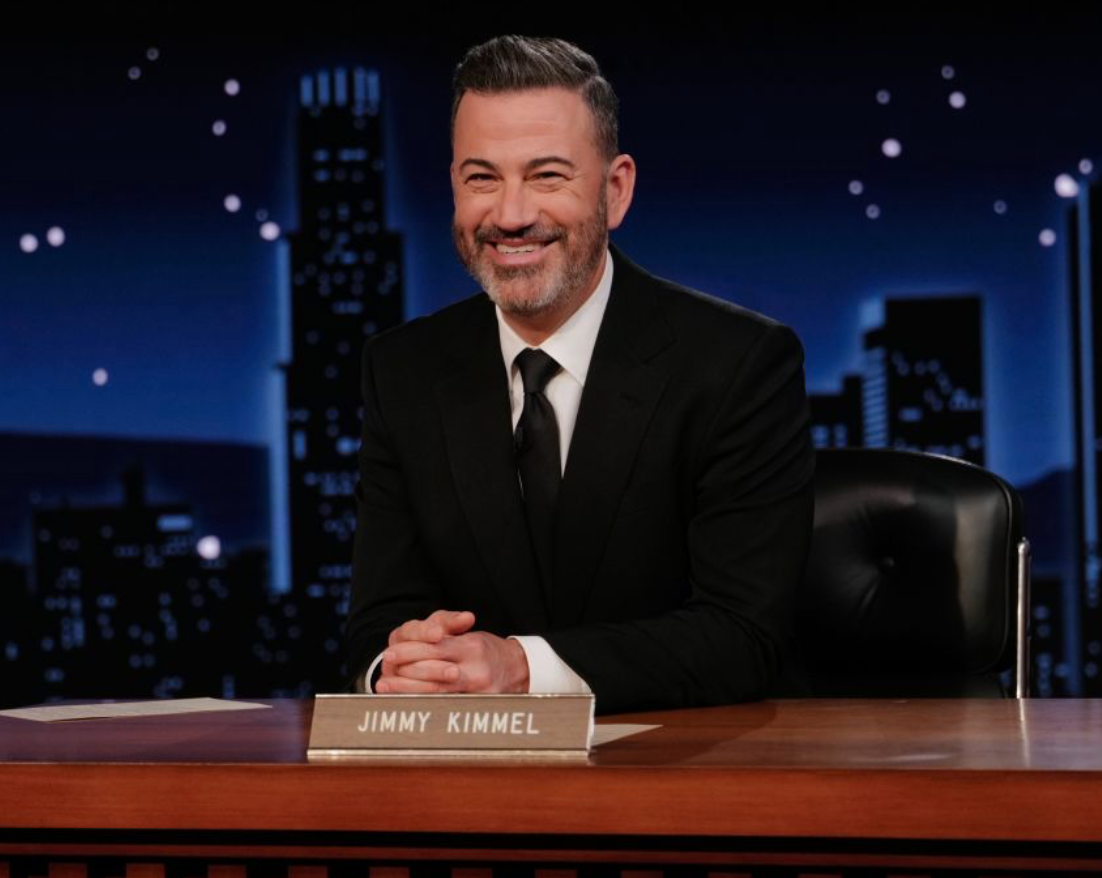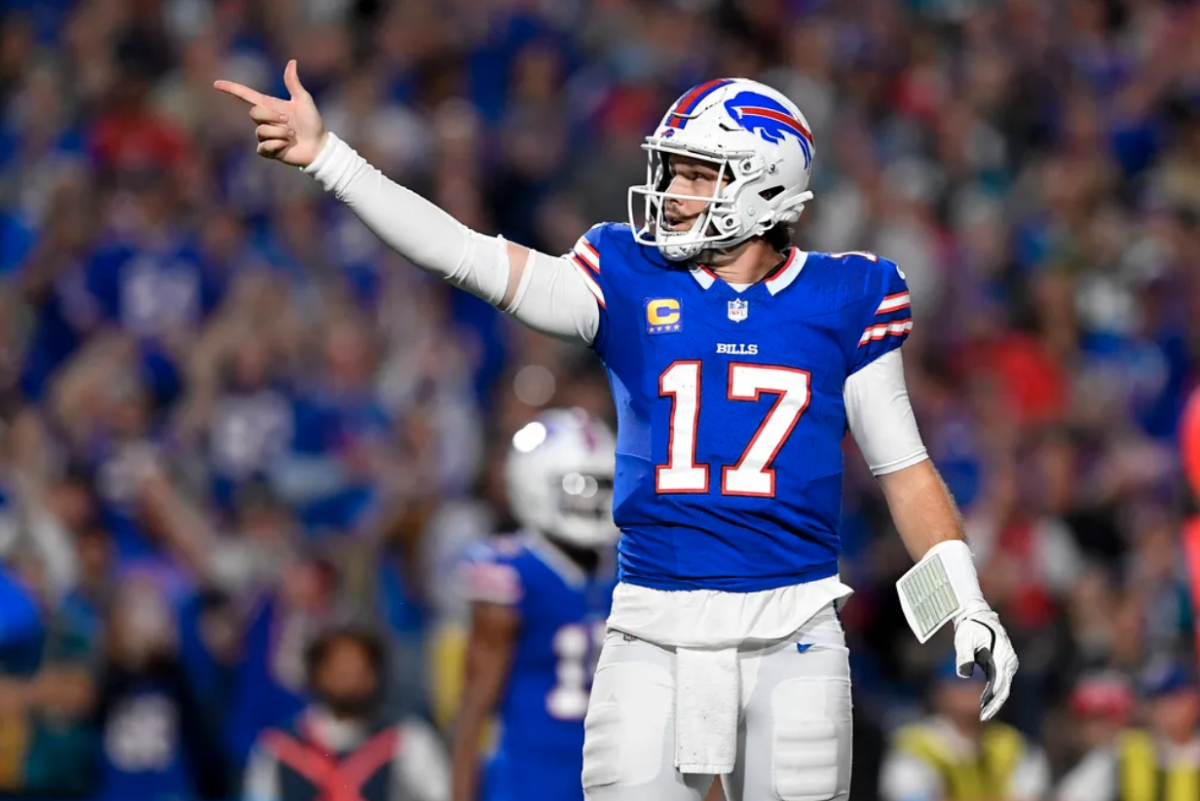Since 1073, the pope has been an integral part of the Roman Catholic Church when the first pope was elected in Rome. The pope is a leader of the church, and while living in the Vatican City, he acts as the Supreme Pastor of the Catholic Church. His duties include guiding and leading the global Catholic community in faith and morals, as well as addressing contemporary issues, by offering a Catholic perspective on them.
On April 21, 2025, Pope Francis died at the age of 88 in the Vatican City. Following his death, the process of picking a new pope began almost immediately after his funeral. Cardinals are senior clergy members, typically bishops, who are appointed by the pope to be his close advisors and counselors. In order to choose a new pope, these cardinals are called to the Vatican to vote upon who the next pope should be. While in the Vatican, the cardinals hold a series of meetings called general congregations, where they discuss the needs and challenges facing the church globally. They prepare for the upcoming papal election called a Conclave. There are some decisions that only a pope can make, such as appointing a bishop, therefore those actions must wait until after the election happens.
The Sistine Chapel is most known for its beautiful depiction of the Bible, painted by Michelangelo between 1508 and 1512. When a new pope needs to be elected, the chapel becomes more than just a tourist attraction. The cardinals, who will be voting on a new pope, move to the Sistine Chapel where they take an oath of absolute secrecy before closing the doors of the chapel and not opening them for anyone or anything until a decision is made. Freshman Olivia Degrass stated, “The fact that the cardinals are sworn to secrecy is really cool and makes me want to learn more about the process of choosing a new pope.” Thousands of people from all around the world come to the Vatican City and watch the color of the smoke coming from the Sistine Chapel. Black smoke means that there has not been a pope chosen and white smoke means that they reached a decision. This year, the smoke remained black for two days, until May 8th, when the white smoke came pouring out of the chimney above the Sistine Chapel.
Pope Leo, an American Bishop and Cardinal, was elected to be the next pope for the Roman Catholic church. Freshman Anna Galvin said, “Pope Leo being the first pope from America, I think is pretty interesting.” Robert Francis Prevost (Pope Leo) was born in Chicago, Illinois to a French and Italian father and a Spanish mother. He attended Villanova University where he studied philosophy and received a degree in mathematics. In 1977, he entered the novitiate of Order of Saint Augustine. At the Catholic Theological Union in Chicago, he received his theological education, and eventually was sent to Rome to study Canon Law, the laws within the Roman Catholic Church that are put in place by papal pronouncements.
Throughout his career, he spent eleven years as the formation director, instructor for professed members, and worked in the Archdiocese in Trujillo, Peru. He served as a professor of Canon Law, Patristics, and Moral Theology at the Major Seminary “San Carlos y Sam Mercelo.” On September 30, 2023, Prevost was named a cardinal of the Roman Catholic Church by Pope Francis.
To mark the new chapter of the Roman Catholic Church, an inaugural address was made to over 200,000 pilgrims, leaders around the world, and to everyone watching for the white smoke. Pope Leo thanked the College of Cardinals for electing his as well as delivering a very special recognition of Pope Francis by saying, “Following the death of Pope Francis, we felt like sheep without a shepherd.” He continued by noting, “yet having received his final blessing on Easter Sunday, and with eyes of faith, hope, and joy, we remembered how the Lord never abandons His people.” Pope Leo XIV spoke about how unity and love are the two aspects of the mission given to Peter from Jesus. He mentioned, “I come to you as a brother, who desires to be the servant of your faith and your joy, walking with you on the path of God’s love, for he wants us all to be united in one family.” Despite being in a world with disorder, confusion, hatred, and violence, Pope Leo asks the followers of the Roman Catholic Church to unite and tell the world “Look to Christ!”
To finish off his inaugural address, Pope Leo XIV invited all Christians to seek enlightenment by the Holy Spirit, in order to create a Church “founded on God’s love, a sign of unity, a missionary Church that opens its arms to the world.”

